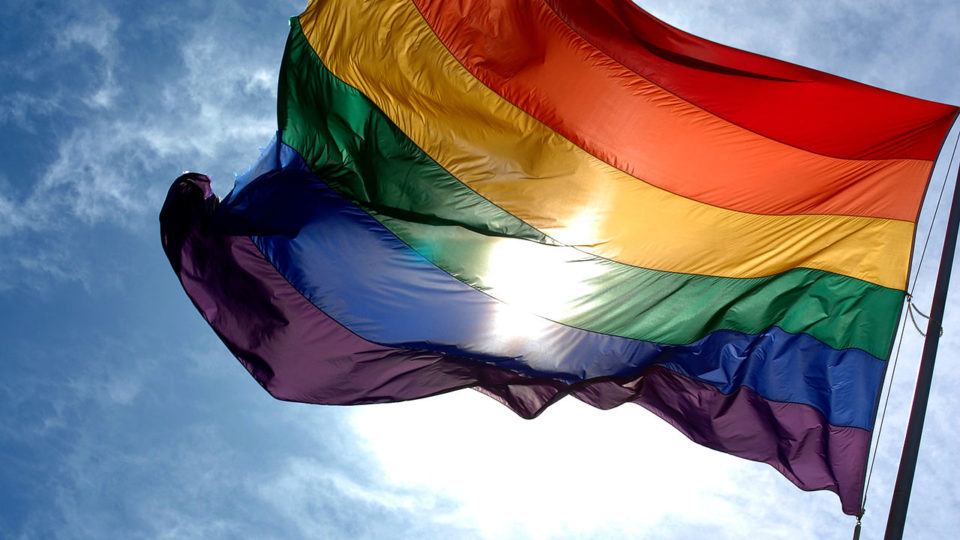Last Thursday, Indonesia’s Constitutional Court rejected a petition, filed by representatives of conservative Islamic groups, to change the country’s criminal code to make all sex outside of marriage, including homosexual acts, illegal. The decision was seen as a victory by those who support human rights, but many in the increasingly conservative country have heavily criticized the court’s decision (some even went so far as to blame last Friday night’s deadly earthquake on the judge’s choice).
That’s because public opinion polls have shown that Indonesians are overwhelmingly against LGBT rights because they view homsexuality as immoral and sinful.
Which is why it’s actually quite brave for Religious Affairs Minister Lukman Hakim Saifuddin to publicly argue that the rights of LGBT citizens be respected and that the country should embrace them instead of shunning them.
To put his recent comments in context though, we must first note that Lukman has taken the position that “There is no religion that tolerates LGBT actions” (we would take the position that is not the case at all).
The idea that all religions condemn homosexuality is widely cited in Indonesia as a far-fetched justification for why it should be illegal as it violates notions of respect for religious morality within the state’s founding ideology of Pancasila.
However, Lukman does not agree with that particular notion. “In my view, each of the various perspective (related to LGBT) must be respected,” the minister told reporters in Yogyakarta yesterday as quoted by Detik.
Lukman said that, while many in Indonesia is that LGBT is the result of social problems or immorality. “… there are also those who say no, that is their destiny, because there are people who are like that from birth. There are a variety of opinions (on LGBT).”
Because there are so many perspectives on the views, Lukman said the real challenge facing the country is how we choose to respond as a community. He argued that, although religion may teach that homosexuality should not be accepted, that could not be used as a justification for discrimination.
“I think they should be embraced, they should be nurtured, not shunned or excommunicated. It is precisely our duty as religious adherents (to return them to the teachings of religion),” he said.
While not exactly a ringing endorsement of LGBT rights, Lukman’s statements probably represent about as nuanced and moderate a view on the issue as we could hope to hear from a senior Indonesian official these days, especially from the one in charge of overseeing the country’s religious affairs. Hopefully he can go a little further yet and press more religious authorities to embrace sympathy and understanding for the LGBT community, if not acceptance.




